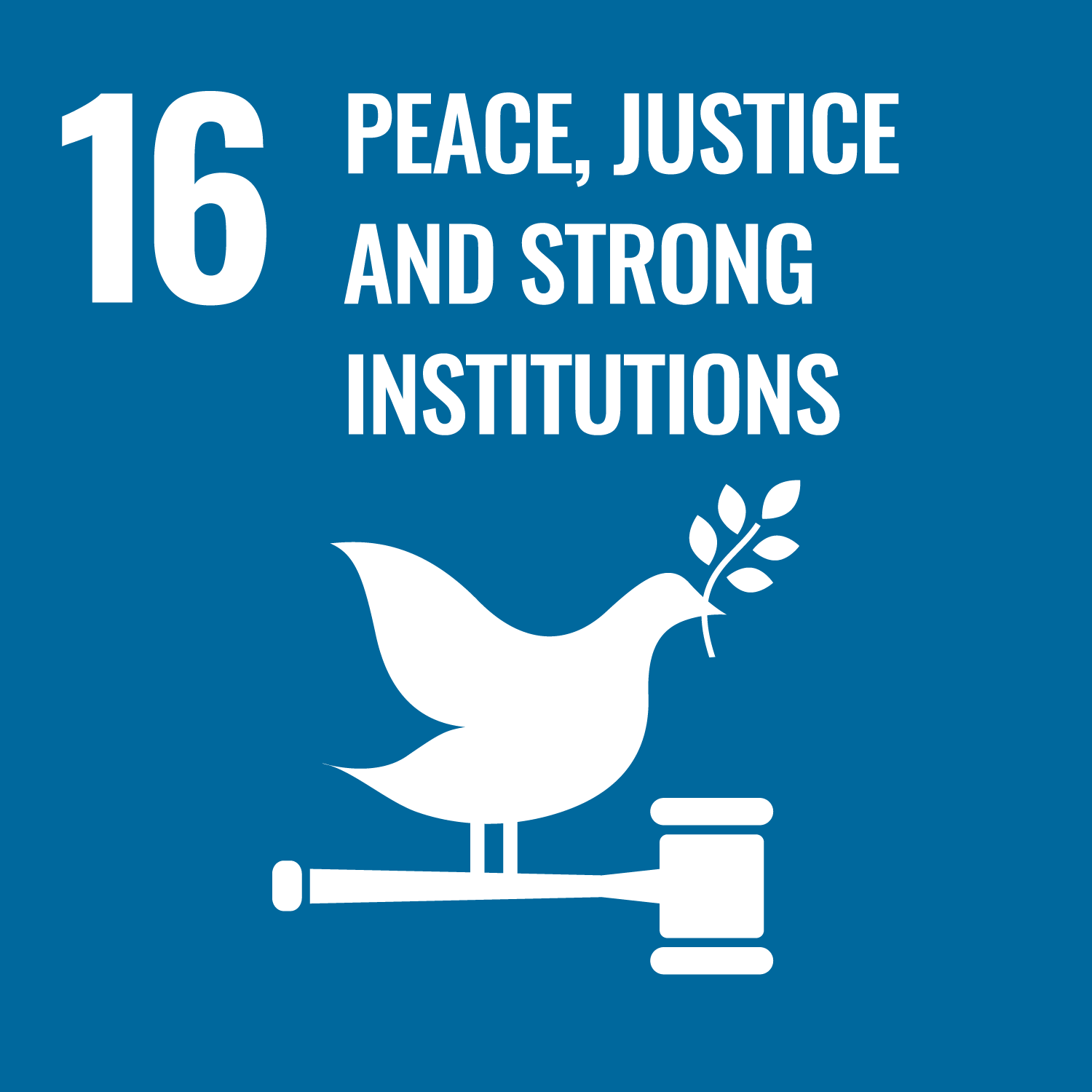This academic paper considers the application of the Convention of Elimination of All forms of Discrimination Against Women (CEDAW) in defending the rights of lesbian, bi and trans people in Malaysia. The paper opens with a background on CEDAW and its evolution from a convention thought only to apply to cis-gender and ostensibly heterosexual women to one that has grown to encompass discrimination against lesbian, bi and trans individuals.
The paper considers Malaysia’s obligations under the dueling mandates of CEDAW and shariah law–which does not recognise the rights of people with diverse SOGIESC. The paper then moves into a discussion of the extreme interpretations used to police the bodies and sexuality of women in Malaysia and other sexual rights violations. The paper then puts the framework of CEDAW and Malaysia’s obligations under CEDAW, on top of these rights violations.
The paper then provides a background of the status of human rights related to diverse SOGIE in Malaysia, noting that laws and policies are increasingly discriminatory. Case studies are provided. The overall situation of the LGBT population in Malaysia is then discussed–the absence of official statistics on violence towards the LGBT population is highlighted. The following section specifically considers human rights violations of trans people in Malaysia. What little data exists on trans people in Malaysia is overwhelmingly focused on trans women–discrimination against trans men is often less visible and less researched.
Further human rights violations of the LGBT community are explored before case studies of persecution of people with diverse SOGIE by state and non-state actors are presented. The case studies consider, inter alia, the experiences of a trans woman who was orphaned at a young age; the right to choose a life partner; and asylum-seeking.
The final section describes Malaysia’s obligations under CEDAW and provides detailed recommendations to ensure the rights of women, in all their diversity, are protected.








